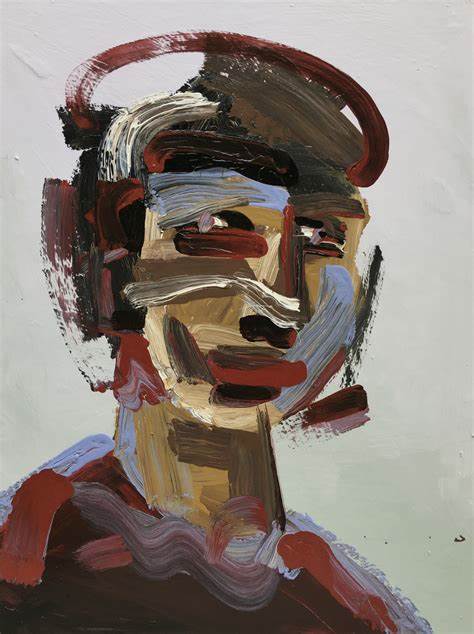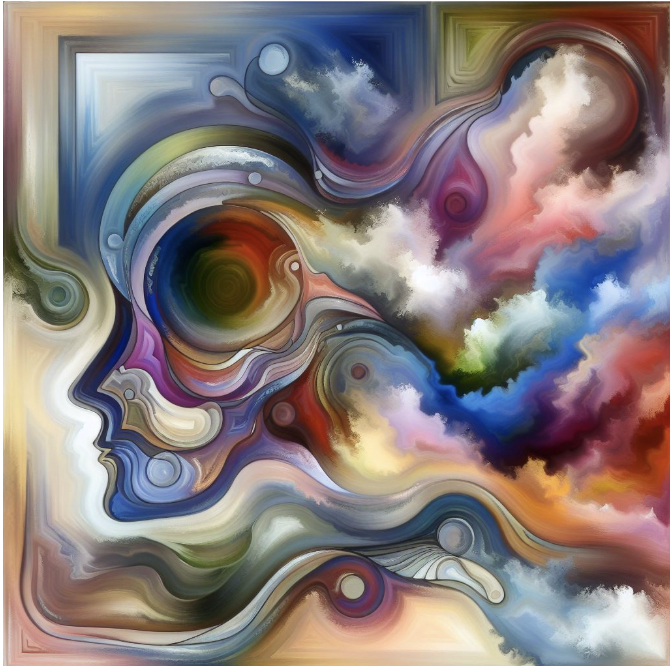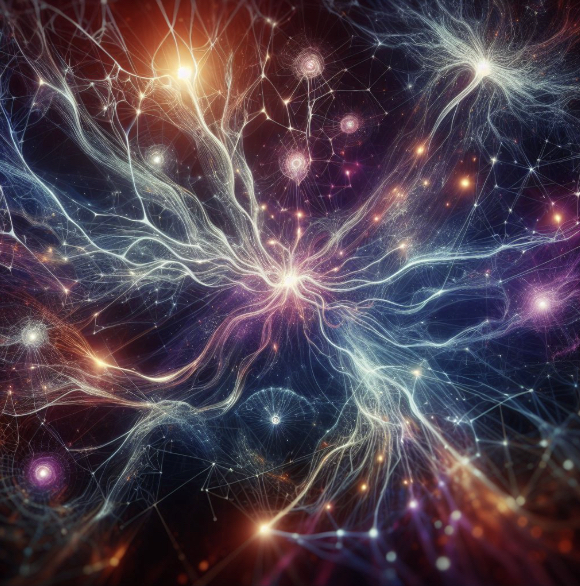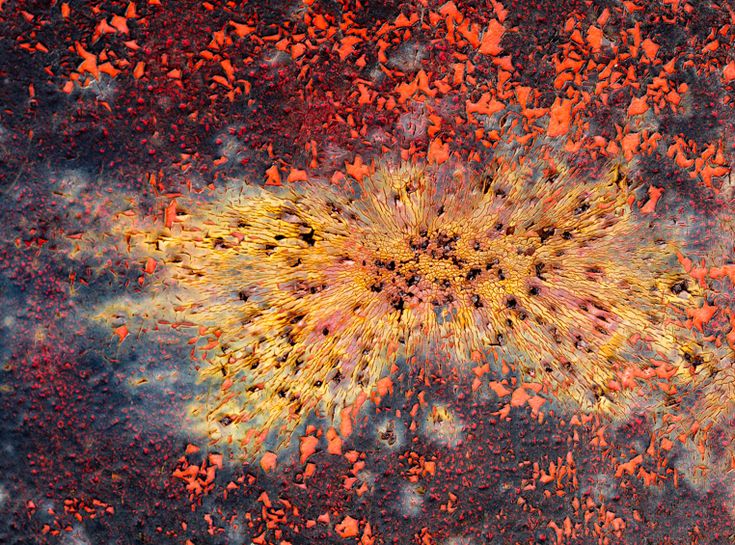•
March 9, 2025

Cogito, Ergo Sum. Know thyself. Self without perception. Existence precedes essence.
From Paris to Athens to Edinburgh, the question of self has been hotly debated amongst philosophers and psychologists alike. We have long struggled with the questions of who we are, what the self is, and how we change? While this ocean of thought remains tumultuous, throughout this article I will travel on an Odyssey seeking to answer these questions. I plan to explore this discourse, while addressing some misconceptions about the self that often lead towards strong willed beliefs of who we are.
Scrapbooking
In order to answer the question of self, we must first understand that we are actually asking the question of Ego. What is Ego? In a social sense, the term relates to one's self-esteem or self-importance, but on a deeper level, it highlights fabrications about our identity. Ego, in a psychoanalytical sense, is the balance between the conscious and unconscious mind and the barrier translating these two domains that allows for us to interact with the world. It serves as a foundation of our character, a larger narrative that we return to consistently to make sense of the world around us1. Ego is a way for us to comprehend the complexity of our characters: it’s a way of telling the story of who I am with a single word, my name.
When thinking of the question of self, it is impossible to approach such a problem without considering the role of Ego. While self could be thought of as our entire essence, Ego could be best understood as our manifestation of this essence, one that is created through how we and others view ‘ourselves’. To better understand this, think of your essence or ‘self’ as a large circle. Within this large circle of ‘self’ would be the smaller circle of Ego, meaning that Ego can’t exist without the self but, self exists regardless of the Ego or not.

Image AI generated with Microsoft 365 Copilot
To better conceptualize this, let's think of a familiar scenario: a social setting where there are two individuals with the same name. Unlike a singular name, the processing time we require to distinguish two individuals sharing the same name feels ever so slightly longer. Why is this? The purpose of a name, in any object, is to establish a tangible point we can use when referring to an entity. Just imagine how difficult it would be to try and mention your friend through all the things they represent! Names allow us to better understand the elusive fabric of identity, to digest complex characters into a simple representation.
The properties of names we use for others operates the same way for ourselves, that being our dilution of an individual into a digestible packet, one that can be communicated more clearly than a myriad of emotions. This ‘packet’ is Ego–the identity we establish to better make sense of ourselves or others. It is the greater narrative we build upon throughout the duration of our life to help us make sense of our surroundings.
Yet here we can see that our Ego is not truly us; it serves as a sloppy collage of our characteristics, cutting out ideas within ourselves and pasting them together on a single piece of a paper. Ego takes the greater essence out of existence into something we can interact with daily, something we can chat about casually, and something that can be understood easily. It is for this reason that we need a constructed idea of who we are, an identity, an Ego we can repeatedly rely on.
To understand this, it may be easier to portray an identity as the grand narrative of your life. Imagine the difficulty of explaining our behaviors without the greater foundation of a narrative, of telling your life story through a jumble of emotions rather than tangible events that occurred. Without a narrative to return to, we cannot have a story. It is for this very reason that we have Ego, a self-identity or grander narrative that we feed to ourselves and the world. Ego lets us live the story of our lives, making sense of the complexity of the world around us.
With that being said, it is integral to remember that Ego is something that we indeed construct and not purely determined. This is where we often err, thinking of ourselves as no more than what we see in this scrapbook, adhering to what our self-constructing dogma wants us to believe. Following the established logic that Ego serves as a ‘scrapbook’ of a greater self, this raises the question: What is our true self?
A Persistent Symphony
When we think of our ‘self,’ we lean toward the notion that we are unitary. While it remains true that we maintain a core identity, it may be more useful to view ourselves, in David Hume’s words, as ‘a bundle of perceptions2’. To better grasp this, let us travel to the neurological level, viewing the brain as less of an individualized mind and more as a symphony of billions of neurons.
Think of these neurons as we would think of any species, say ants, microbes, monkeys, etc. With these organisms’ primary goal being to maximize their fitness, they often end up acting in a symbiotic manner. Now, let's apply these fitness maximizing behaviors to neurons, where neurons firing in bursts tend to be activated more, thus prolonging their lives. Just as water flows more easily down previously traversed channels, repeated activations over time naturally substantiate the existence of these clusters. This continued process could be best characterized as emotion.

Image AI generated with Microsoft 365 Copilot
Reimagining this colony of neurons triggering these reactions, we can temporarily perceive ourselves as the product of these mass firings—in other words, our emotions2. Now that we have established the self as a collection of emotions, let’s explore how we organize these emotions to reinforce the illusion of a continual self.
We string together various emotional states through our beliefs and values so essential to us that they make up the foundation of our being. These beliefs can be as insignificant as the belief that ‘it always feels warm in July’ to the belief that ‘God created the universe.’ Although the way in which we develop our beliefs remains hotly debated, its role in shaping our identity is undeniable.
Distance
One of the biggest misunderstandings of consciousness is the idea that it is constant3. A better way to think of consciousness is thinking of it relative to any other natural process, such as a wave, the wind, or erosion. When we investigate the relationship of consciousness with our sense of self, interpreting consciousness as a process like this is integral. Thinking of our identity as something that is not stagnant, less of a pond and more of a river, is necessary when considering our relationship with our identity.
A way to better apply this changing idea of self is by thinking about our relationship with our past and future selves. First, let’s look at how we treat our past selves (spoiler, it isn’t well). When addressing questions of the past we like to jump to the age old, ‘I used to…’, ‘Before I was X but now I am Y,’ or even ‘I can’t believe he [I] did that.’ There's something intrinsically appealing about dissociating our current self from our past behaviors, especially when they appear unfavorable in a contemporary light.

Image AI generated with Microsoft 365 Copilot
If it could be said that we are off put by our past selves, then it seems equally appropriate to highlight our abrasiveness towards our future selves. Think of any time you told yourself that you were going to eat healthy only to pick up that flashy bag of chips the next aisle down. Or how about the time you were going to dedicate to studying that ended with an hour and a half deep into your phone? Maybe that time you drank a bit too much and felt like death the next day? Despite us knowing these behaviors are bad for our future selves, we love to indulge in these flurries of dopamine since in a sense they don’t come at the expense of our current self. These actions negatively impact our future selves in the same way that we speak poorly about our former selves, who seem more and more detached from ourselves every day.
Without this overarching flow of change, our time-dependent self-loathing seeks to exist. In a backwards way, change creates this foundation that allows for stagnation in the first place. How could we talk bad about our former selves or sabotage our future selves if there was no change in the first place?
Conclusion
Throughout the duration of this article we tackled the greater questions of Ego, our creation of that self, and how this sense of self changes with time. We battled with Ego, questioning its legitimacy and perhaps illusory qualities. We then investigated the foundation this Ego is predicated upon, speculating some of the building blocks of existence. Finally we explored and dissected the seemingly sound relationship between self and time. As tends to be the case in philosophy, this rhetorical dance raises more questions than answers. That being said, I hope this introspective discussion about ego creates questions for yourself about who you are, what your self is, and how you’ve changed.
Works Cited
-
1. Lankton, S. (2023). States of Consciousness and Ego States. International Journal of Transactional Analysis Research & Practice, 14(2), 42–53. https://doi.org/10.29044/v14i2p42
-
2. “A Treatise of Human Nature.” Online Library of Liberty, oll.libertyfund.org/titles/bigge-a-treatise-of-human-nature. Accessed 19 Feb. 2025.
-
3. Aeonmag. “Consciousness Is Not a Thing, but a Process of Inference: Aeon Essays.” Aeon, aeon.co/essays/consciousness-is-not-a-thing-but-a-process-of-inference. Accessed 19 Feb. 2025.

